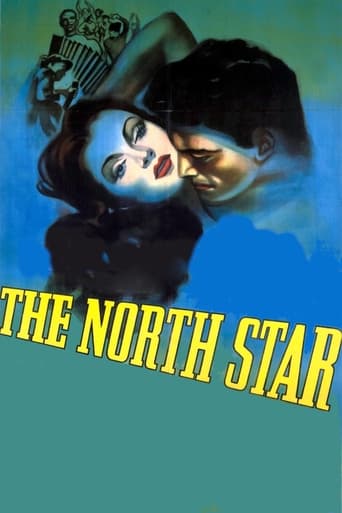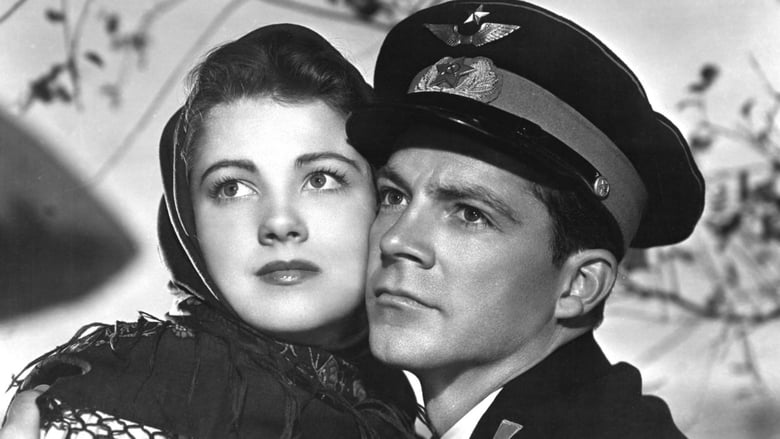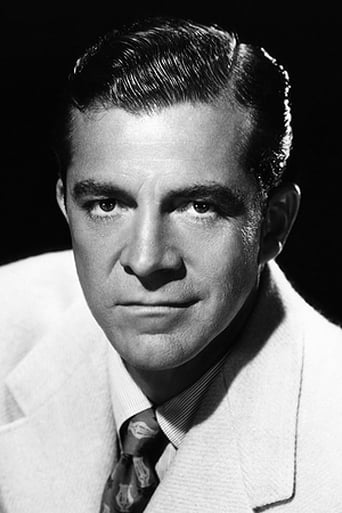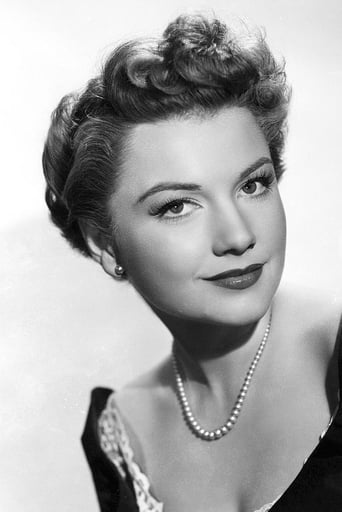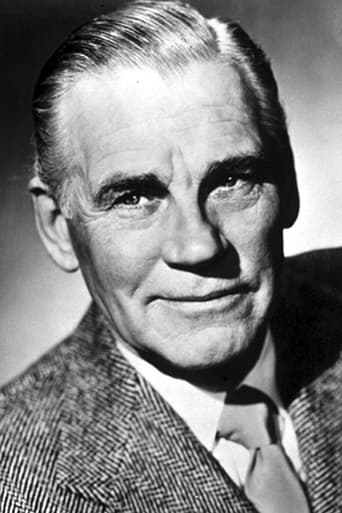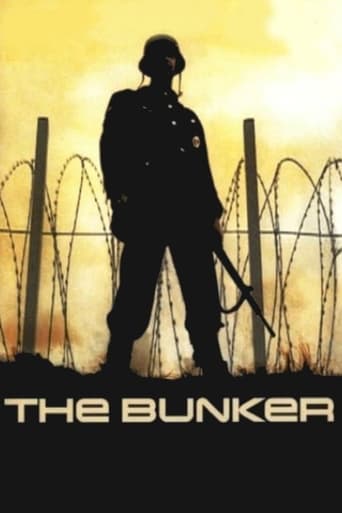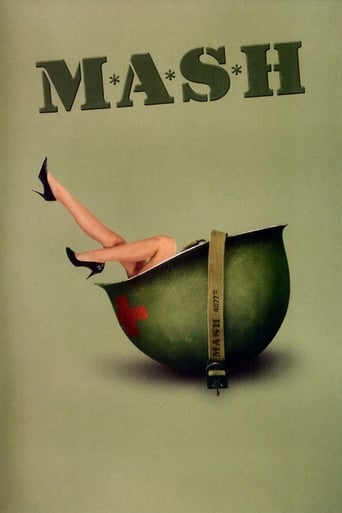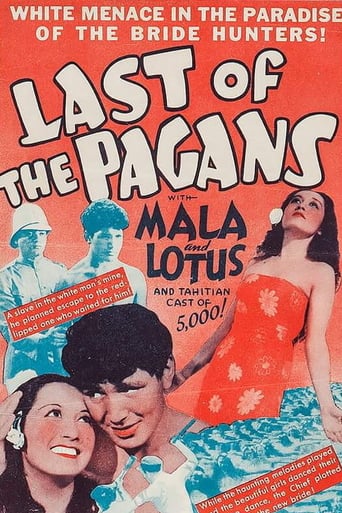The North Star (1943)
A Ukrainian village must suddenly contend with the Nazi invasion of June 1941. Later re-edited and released as "Armored Attack."
Watch Trailer
Cast
Similar titles
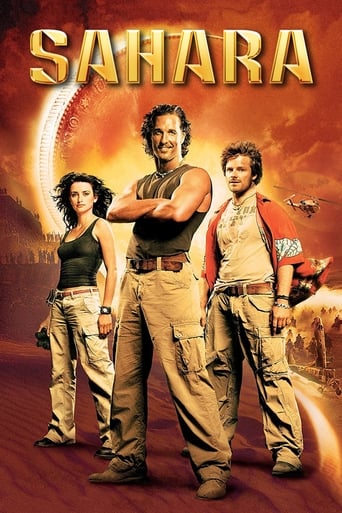
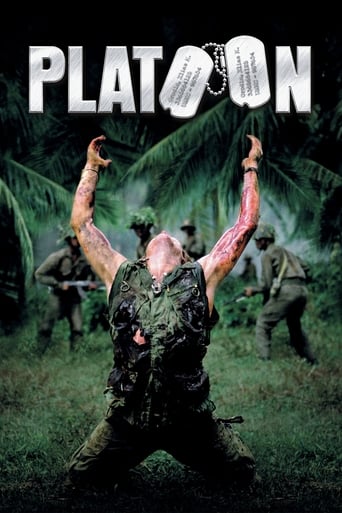
Reviews
Good movie but grossly overrated
Good films always raise compelling questions, whether the format is fiction or documentary fact.
By the time the dramatic fireworks start popping off, each one feels earned.
I didn’t really have many expectations going into the movie (good or bad), but I actually really enjoyed it. I really liked the characters and the banter between them.
I understand why it was made -- you gotta convince gullible farm boys in Iowa to get themselves shot in the head or lose a leg to a grenade or contract syphilis from a Paris h00ker. In reality the Hun were rank amateurs compared to the Soviet Empire when it came to making Ukrainians dead. I guarantee there were no happy villagers breaking up their dance routines to wage guerrilla warfare against the Germans. In the fight between Russia and Germany there were no good guys, but millions of innocent, dead civvies. This movie does serve a purpose, however. It reminds us that the government was right to be concerned about commies in the entertainment industry. Especially now that it has has been conclusively shown that Washington and Hollywood were rife with commie infiltrators. Frankly, I'm surprised everybody involved in this movie wasn't blacklisted. Or worse.
An historical curiosity or unintentional camp classic, producer Samuel Goldwyn's "The North Star" is unabashed Hollywood propaganda intended to evoke sympathy for the Soviets after their former ally, Nazi Germany, invaded in 1941. Written, directed, and designed by people seemingly ignorant of Russia under Josef Stalin, the film's first half hour depicts an idyllic Russian village, where happy healthy peasants break into song at the slightest provocation. The sanitized town is swept clean, and peasant huts resemble Southern California bungalows. The cutsy situations and coy acting make the film a tough slog, and the corny singing and smiling often trigger a gag reflex. However, war intrudes on this Communist paradise, and the smiles and singing disappear. The dastardly Germans send the Luftwaffe to bomb an empty field, destroy farm wagons, and kill women and children. Under General Erich von Stroheim, the Germans impose their evil will, and the noble Russians stoically resist with great personal sacrifice.This laughable movie wastes the talents of director Lewis Milestone, who helmed the classic "All Quiet on the Western Front," and a large well-scrubbed cast that includes Anne Baxter, Farley Granger, Dana Andrews, Walter Huston, and Walter Brennan, all of whom play their parts oh so seriously. When the well fed and perfectly made-up Anne Baxter utters, "You read about hunger, but you don't understand it until it happens to you," viewers will struggle to stifle the giggles; Baxter deserved an Oscar just for reading the line without cracking up. Occasionally Russian and German accents are attempted, but quickly discarded, and lines are read as though the cast were a Kansas City summer stock company. Farley and Andrews are brothers; Farley is a scholar off to university in Kiev; Andrews is in the Soviet air force; Farley and Baxter are in love; Jane Withers pursues Andrews; does anyone really care? The villain of this disaster is Lillian Hellman, who wrote the story and screenplay. Viewers will be incredulous that the author of "The Little Foxes" and "The Children's Hour" could pen such lines as: "the face of war is ugly and not for the young, we're not young anymore;" or "one day you're home, the next day here you are." The script should be studied in film school as an example of execrable screen writing. Woody Allen could update his masterwork, "Love and Death," to World War II and find a trove of inspiration among the film's campy lines and situations. Another shock is that Aaron Copland wrote the film's overbearing bombastic score that intrudes whenever possible. To his credit, the master cinematographer James Wong Howe visually evokes a Russian movie; he fills the screen with sky and reduces figures to a tiny silhouetted line across the bottom. At times, the actors are filmed against cloudy skies, an indication that Howe at least did his homework, although he struggles with fake sound stage sets and obvious rear projection."The North Star" presents a dilemma. Should the film be recommended for its historical value as an example of World War II Hollywood propaganda? Should it be suggested as fodder for campy commentary by bitchy queens? Should the movie be featured on Mystery Science Theater 3000 and ripped apart by the robots? Should "The North Star" be shunted into the dustbin of cinema history for the bad film that it is? Perhaps all of the above or none of the above. Does anyone care?
This is a story of German invasion towards the East during World War II, and the civilian guerrilla forces that came of it.As such, it must be compared to COME AND SEE, a pretty well made film, but with a touch too much obvious Hollywood "rationalization".The rationalization of COME AND SEE is that it is obviously told from a perspective of freedom fighters who want to "rationalize" their desertion and abandonment of other civilians to horrible fates. In such guerrilla activity, one doesn't have to see modern films to know that their warfare will cause counter terror upon the women, children, and sick left behind. One doesn't have to be "educated" to know this. Any child knows the repercussions.So COME AND SEE is very obvious in this, as freedom fighters try to justify their cowardice in abandoning others, by demonetizing the enemy.Trouble is, the Nazis don't have to be demonetized. They do a good job of that themselves.And we get a much more realistic demonstration in THE NORTH STAR of the demon Nazi machine. True, there are a few wackos who laugh while they kill as in COME AND SEE, but THE NORTH STAR gives us the true picture. Two German doctors, who act as leaders of the invasion force, are given total focus of the enemy motives. They are very different, and cruel in different respects. They are three dimensional characters, unlike the caricatures of COME AND SEE.Likewise, the leaders of the resistance admit they are leaving the population behind to face the worst of consequences. Unlike COME AND SEE, they don't try to rationalize their desertion. They confess it, and in doing so, are characters we can actually care about. They know they have a huge responsibility, and they do what they can.And being made closer to the source, in the midst of the action, THE NORTH STAR is logically going to be more realistic.The movie flows very well, beginning with the "status quo", as films like this are the model for such modern classics at "Fellowship of the Ring", in which we begin with the status quo of the shire (after a preliminary introduction of high octane action, but that is a prologue).And the status quo beginning is well done. There is no gun play for almost half the film, yet it still flows, because we have constant movement, some singing, some scenery, and it helps us to follow the characters.Don't get me wrong. I'm not, by any means, one who likes lull, and my attention deficit disorder will rival anyone's, but I was never lulled to sleep by this film, and over 80% of the movies made after 1965 lull me to sleep with slow pacing. This is well paced. There may not be "killings" and "throat cuttings" abounding in the first half, but there is movement and animation.This is smartly directed, and justifies itself as art.
I have watched dozens of "propaganda" films from WW2, and many of them stand on their own as good entertainment. This one smells so badly of propaganda that it's hard to watch.Supposedly, FDR himself wanted this film to be made, so Americans would change their mind about the USSR, which in Orwellian style had become our ally in the fight against Hitler. So what did we get? A sweet first half in which we see that Russians (really Ukranians) are just happy-go-lucky folks like us, who fall in love, have picnics, and love their little towns. Then, in short order, we are treated to scenes of outrages committed by Nazis against our new Communist pals, who do their best to fight back against all odds. It's all so phony, so cloying, so premeditated, that it's hard to bear.What's especially galling is the waste of talent on this film: a good director, a fine cast (including Farley Granger's debut), and music by none other than Aaron Copland, who seems a bit out of place writing variations on Russian folk songs instead of his usual quintessential American material.The big mistake was asking Lillian Hellman, darling of the left and lover of Soviet Russia, to write the screenplay. She suspended all judgment in doing her best to whitewash an evil republic that had murdered millions of its own people, and had recently betrayed the Allies by making a pact with the Nazis. The Russians in her story are all good; the Germans are all unspeakably evil, so the film is shallow in spite of the depth of the cast. My lack of enjoyment was heightened by the terrible print shown on TCM, which looked like a bad VHS copy of a bad VHS copy.
